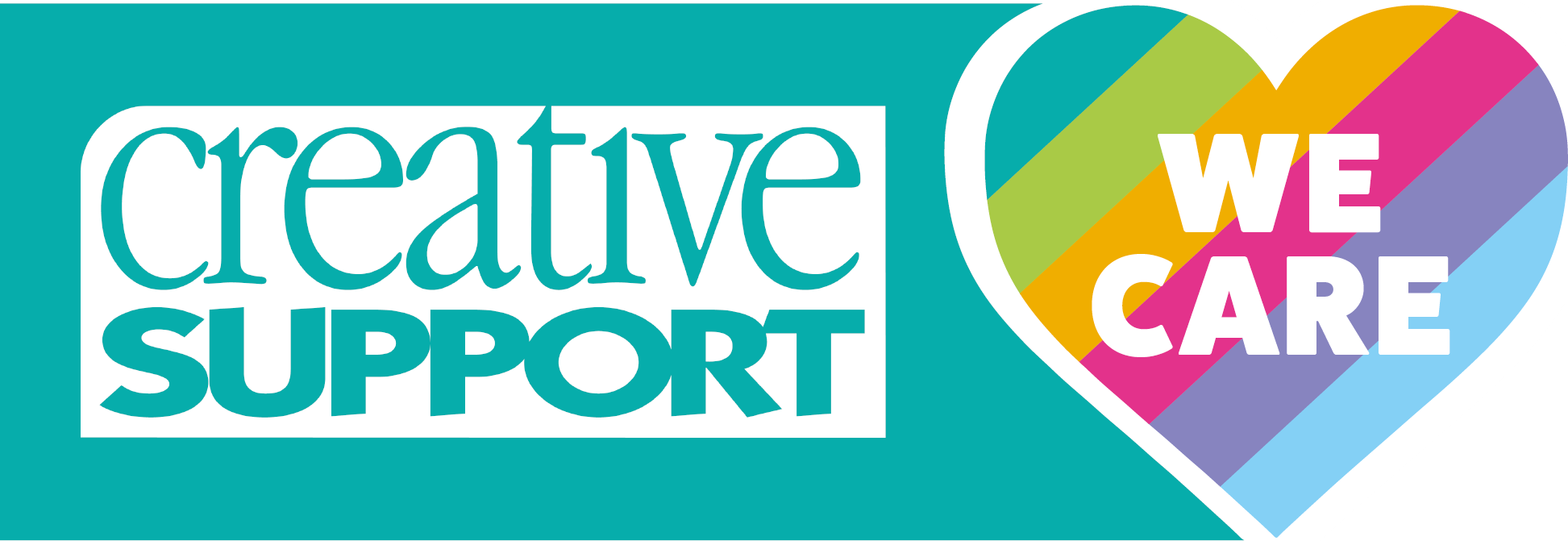Kizzy’s Blog – Celebrating Makonnen
 Names hold power. Most of the time, they are given to us when we are born and are chosen by our loved ones for a variety of reasons; the meaning, the family history or even blessings for the future. Sometimes, we are named after inspirational people – holding hope that the name will transfer its gifts to the new name’s holder.
Names hold power. Most of the time, they are given to us when we are born and are chosen by our loved ones for a variety of reasons; the meaning, the family history or even blessings for the future. Sometimes, we are named after inspirational people – holding hope that the name will transfer its gifts to the new name’s holder.
George Griffiths was a man who understood the power of names. Born in 1909 in British Guiana (modern day Guyana), he was a smart and driven child. After finishing high school, Griffiths moved to the US to study mineralogy, where he soon became involved in politics which fuelled his passion to help others, especially uplifting Black voices. In 1935, at the beginning of the second Italo-Ethiopian War, Griffiths decided to change his name in solidarity with the plight of the Ethiopians by taking the name of the 19th century Ethiopian royal and military leader – Ras. T. Makonnen. Embracing his new name, Makonnen established and supported services for Black people through his role at the YMCA.
Makonnen then travelled from the US to Denmark before continuing onwards to the UK. He started in London before moving up to Manchester in 1939. Makonnen ended up playing a critical role in the history of the city. During his time in Manchester, he became an entrepreneur – establishing multiple restaurants, the first of which he set up with a £65 budget, serving predominantly Ethiopian food to help people reconnect with their culture. Makonnen also established a nightclub, bought houses which he could rent out at subsidised rates to Black people, opened up a bookshop and created his own publishing house to share news about the Pan-African movement. Any profits he made were either reinvested in the Pan-African Movement or spent to support Black people in the community.
In 1945, Makonnen utilised his influence and passionate activism to lead on the 5th Pan-African Congress which was held in Manchester and led to huge societal change. You can read more about the congress in my colleague Akeisha’s blog all about it here.
Throughout his life, Ras Makonnen continued to fight for the rights of people from the Caribbean region and Africa. After Manchester, Makonnen moved to Guinea in 1956, and then onto Kenya in 1967, where he gained his citizenship in 1969. He continued to fight for equity and civil rights until he passed away in 1983.
Makonnen used everything at his disposal to help others. His legacy lives on in many ways, and sometimes in the most surprising ways too.
Creative Support (then known as Manchester Housing Consortium) managed to obtain funding for the development of supported accommodation for African-Caribbean people with mental health needs in Manchester. Following consultation with community organisations we decided to pay tribute to this Manchester icon. In 1995, Creative Support proudly opened Makonnen House, located in Hulme, primarily aimed at supporting African-Caribbean men with mental health needs. Kwanzaa House in Moss Side opened two years later to support men and women of African-Caribbean heritage. Makonnen House and Kwanzaa House continue to support people with mental health needs to this day.
Tara Redford, Project Coordinator for Makonnen House, speaks on the importance on providing services for African-Caribbean people, who are disproportionately affected by mental health interventions. “I started at Makonnen during my social work placement with Creative Support. Once I qualified, I started working here and haven’t looked back in those 15 years. Most of the people who work here are long-term staff, with everyone here at the moment having a collective 80 years of service, which I think is indicative of what kind of service we are.
“Even though Makonnen is one of the earliest Creative Support schemes, I haven’t seen too many other services across social care doing the same thing. I feel proud to work here, and I understand the need for it too. African-Caribbean people are over-represented in the mental health system, similar to the criminal justice system, and are more likely to be sectioned, to be overmedicated, and to be restrained. A lot of the negative aspects of mental health are felt by African-Caribbean people, especially Black males. This creates a lot of suspicion and negativity, with people distrusting services.
“When people come to Makonnen, they are greeted by a predominantly Black staff team and feel more comfortable seeing staff who reflect them. People we support may feel that a white manager is saying to take medication or do something with that decision based on race, but with myself or another member of the team, that worry is gone. We provide lots of things that are culturally appropriate too, such as incorporating African-Caribbean food and celebrating people’s cultures.”
As a Black woman, I carry stories like Ras T. Makonnen’s not just as history, but as a powerful reminder that names carry so much purpose. When they are chosen, they become something more than just a label and become more of something of resistance and pride. Whether that be a name for a person; a building, an institution or a street name.
Makonnen didn’t just change his name; he claimed his identity which is something so important to the history of Black people. Makonnen House is not only a service for people we support, but a strong representation of what culturally competent care should look like. It shows us that when Black people are seen, heard and represented in the spaces that are supporting them, then a lot of wonderful things can happen.
This is also a reminder that there is still a lot of work to do. The disparities in mental health for many Black communities, especially men, are a result of systemic racism that is still happening today. It’s important to think about what our society could look like with culturally competent care at the forefront of our decisions and conversations. I’m proud to work for an organisation that keeps names like Makonnen’s alive, and continues his work for equity in such a way as supporting Black men with their mental health. I like to think he’d be proud of that.
– Kizzy Green, Equality, Diversity and Inclusion Engagement Lead
More Info:
https://www.racearchive.org.uk/mak-ras-t-makonnen-the-unrecognized-hero-of-the-pan–movement/
